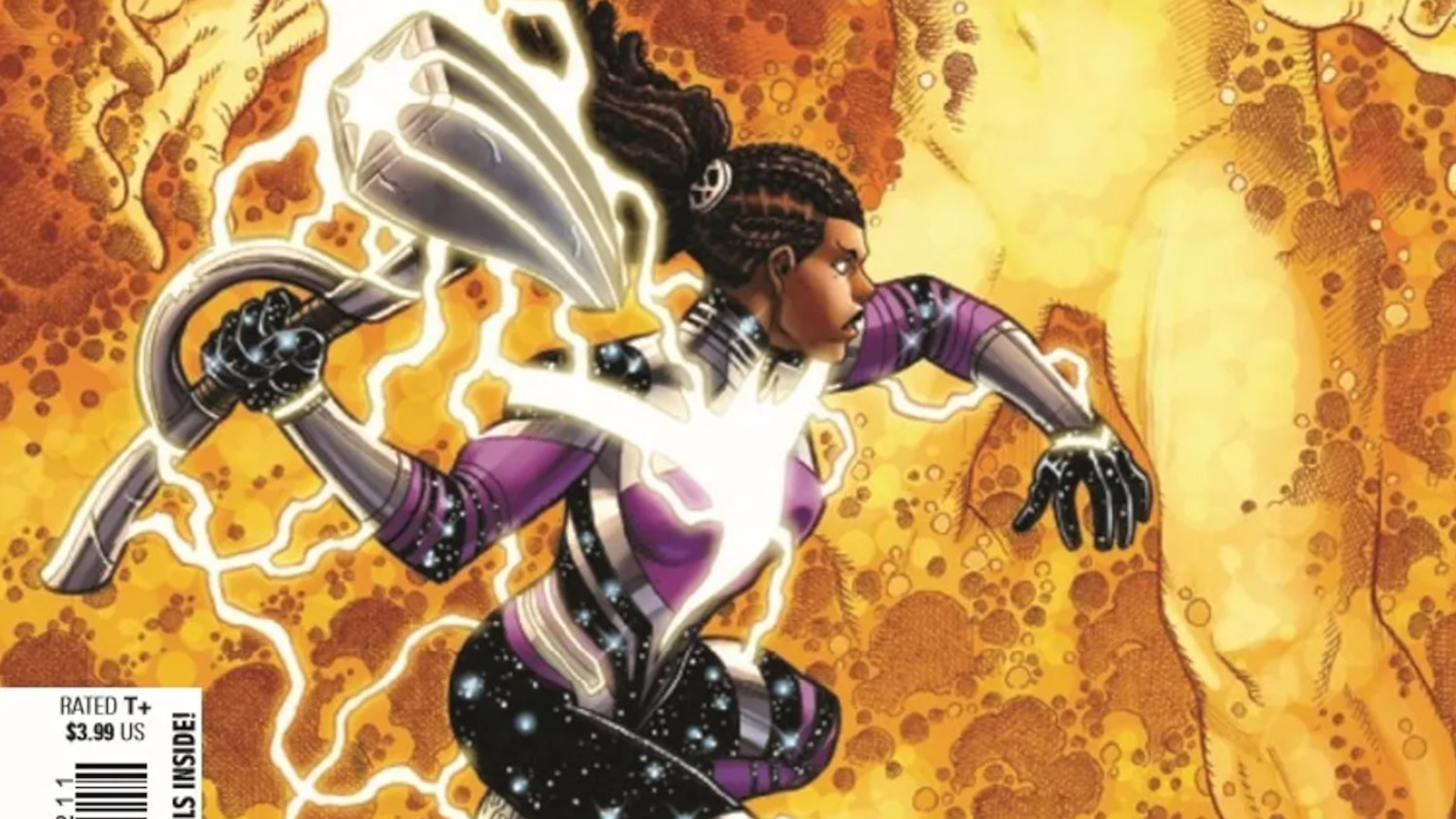Zahra Barri on love, activism and identity

Book Club: Zahra Barris’ debut novel is a tribute to female relationships and makes room for queer and feminist movements in Islam.
Cairo 1951: The Islamic feminist Fatiha has just stormed the Egyptian parliament with her best friend and sister in arms, the legendary Egyptian feminist Doria Shafik, and demanded that the president grant Egyptian women the same civil and political rights as men, as promised in the constitution.
Fatiha’s husband Ali supports her, but sometimes her activism tests his patience.
Cairo 1970: Yasminah, the daughter of Islamic feminist and professor Fatiha Bin-Khalid, has arranged her marriage to a man she does not love after her parents’ apartment was broken into and the walls were painted with the words “Shaza Gensia’ and they find out that she is secretly dating a bisexual Persian named Ommy.
Bristol 2011: Half-Irish, half-Egyptian Nadia has problems with all the men in her life – the pompous newsreader she had an affair with at the TV station where she works, and her racist and sexist boss at the magazine she works for. She becomes increasingly fascinated with her sexuality, but is confused when she finds a copy of her aunt Yasminah’s annotated Quran and hadith collections in which she has highlighted passages about homosexuality with red circles.
These are the timelines of three generations of Egyptian women in the Bin-Khalid family in the debut novel by Irish-Egyptian writer and stand-up comedian Zahra Barri Daughters of the NilePublished by Unbound earlier this month.
Barri was the winner of Unbound Firsts 2024, the UK-based crowdfunding publisher’s annual competition for authors of colour.
Her prize was the publication of her gripping, multigenerational saga of Islam, queerness and feminism, set between Egypt and Britain and spanning eight decades.
Daughters of the Nile is Barris’s declared love letter to the strong Muslim Egyptian women she grew up with and to the groundbreaking female figures she discovered in the annals of Egyptian history.
She also drew inspiration from notable – and funny – members of her own family.
“I wanted to write against the stereotype of the Muslim woman. I grew up with very strong, feminist Muslim women. I wanted to show how history repeats itself in families and portray the Muslim woman in new and interesting ways,” says Barri. The new Arab.
“I knew I wanted to tackle a lot of taboos and explore Islam from a feminist and non-cis heterosexual perspective. My family was a starting point and then I created this alternative Egyptian family from that and the characters came to life on the page,” she added.
The novel describes true events from the 1950s-1970s, a socially and politically extremely dynamic period in modern Egyptian history.
In the 1940s, Fatiha received a scholarship to study at the prestigious Sorbonne University in Paris, where she met Doria Shafik, also from Egypt, and an unusual lifelong friendship developed between the two.
The title of the book Daughters of the Nileis an English translation of Bint Al-Nilthe feminist real magazine founded by Doria Shafik and published between 1945 and 1957, which the Egyptian government eventually banned.
Barri gives us a behind-the-scenes look at the lives of Shafik and her feminist colleagues as they plan a feminist revolution while juggling the familial expectations of their husbands and children, who expect them to be home in time to cook and serve dinner.
What is most fascinating is the sisterly love between two very different types of feminists. In the media, Islamic feminists and secular Arab feminists are often portrayed as two opposing parties. Barri, however, reinterprets this relationship and suggests the possibility that they have joined forces for a common cause.
“There is so much contrast between Western, secular feminists and Muslim feminists and I embody both because I had an Islamic upbringing on my Egyptian side and I lived in Saudi Arabia, but I also lived in the West. I have seen strong women on both sides and oppressed women on both sides. And as Fatima Mernissi says, we are all oppressed by patriarchy in different ways – they are two sides of the same coin,” explains Barri.
Yasminah is perhaps the most radical of the three protagonists. She leaves her husband and son and flees to pre-revolutionary Iran to have an open relationship with Ommy. There she is confronted with her bisexuality, something that would have been unthinkable in 1970s Egypt. She makes it her life’s work to understand queerness in Islam.
Four decades later, Nadia mistakenly assumes that her aunt Yasminah is homophobic, indicating that she neither really knows her aunt nor has made the effort to get to know her.
Moving from Bristol to London offers Nadia the opportunity to learn the truth about her aunt, who she had always assumed was conservative and disapproved of Nadia and her lifestyle.
“She stereotypes her aunt and that’s an expression of what we all do: we look at people and judge them and our judgements are all based on superficialities and not on really getting to know someone,” comments Barri.
Since the novel was released during Pride Month, I was left to reflect on how, in Egypt’s modern history, all social movements have never shied away from demanding rights for queers, which is not surprising in a country notorious for cracking down on members of this community. I ask Zahra Barri if she took this into account when researching for Daughters of the Nile.
“Even in Western politics, we have only recently started to include queer people in society. I think every culture is getting better at integrating queer experiences, and an Egyptian Islamic scholar named Mohammed Abdu has written a lot about Islam and queerness,” she says.
“He argued that some Western countries use stereotypes about Islam being unfriendly to queerness to fuel Islamophobia.”
Barri adds: “When I looked into the classical period of Islam, into Ibn Arabi and his work on gender, I discovered that his work was not only about the homosexual experience, but also about the nonbinary experience. This shows that if we go back in time, to the roots of Islam, we can actually find some really progressive thoughts. It’s an interesting contradiction in terms, isn’t it: going back in time to find progressiveness.”
Daughters of the Nile Is published by Unbound and is available now
Yousra Samir Imran is a British-Egyptian writer and author living in Yorkshire. She is the author of Hijab and Red Lipstick, published by Hashtag Press.
Follow her on Twitter: @UNDERDEINABAYA



